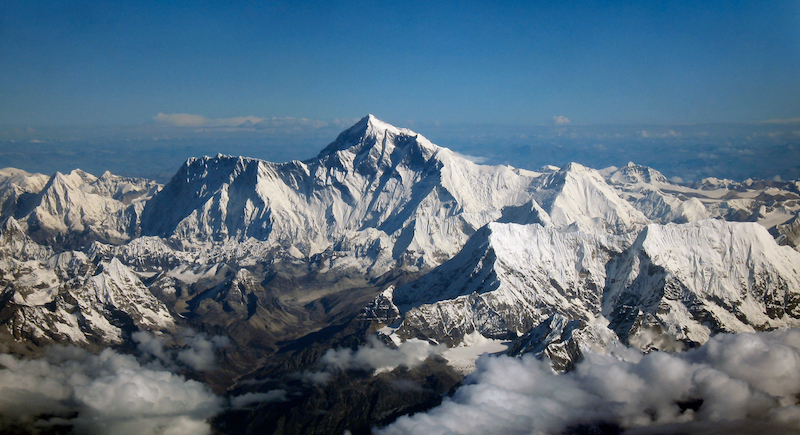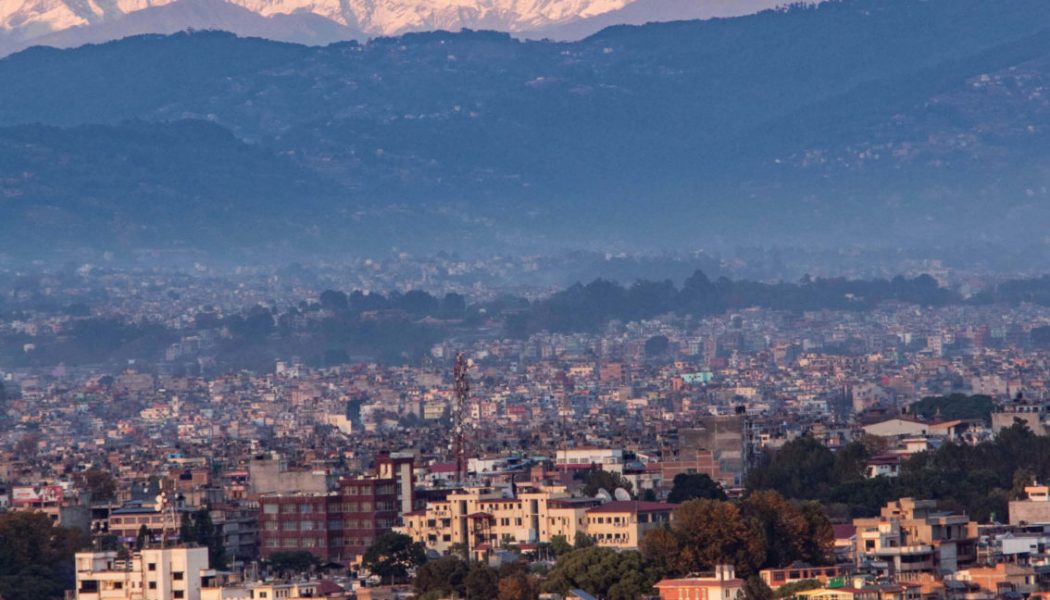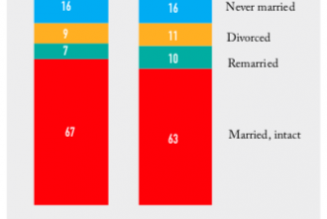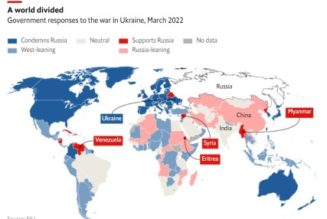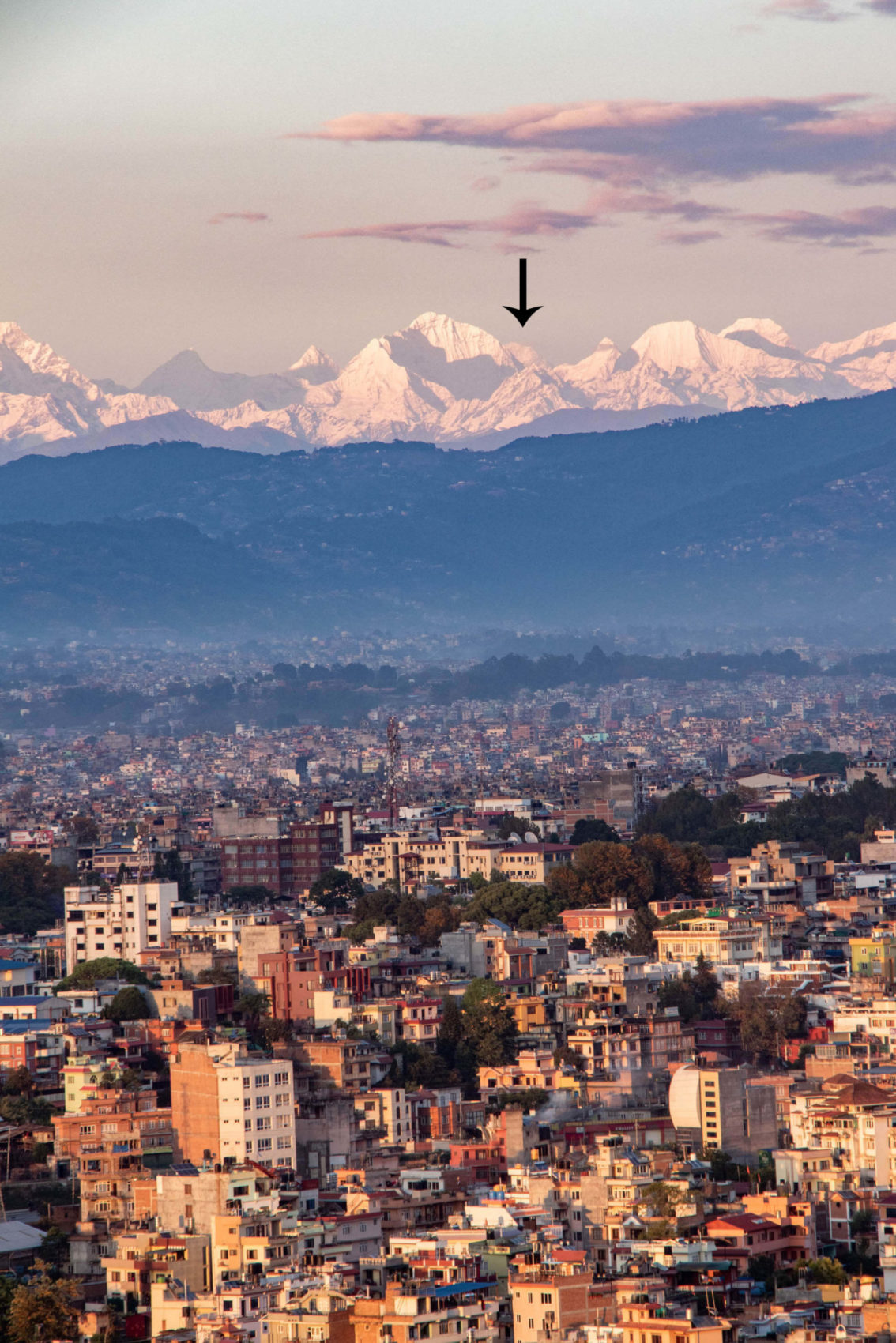
Last week Mount Everest was visible from Kathmandu for the first time in living memory. The picture above, taken from Chobar by Abhushan Gautam, of the world’s highest peak over 120-miles away, would not have been possible two months ago, reports the Nepal Times.
Due to the global lockdown to prevent the spread of coronavirus, vehicles are off the roads, and industry has ground to a halt, resulting in significantly reduced air pollution and clean air above Nepal.
Hospital admissions for respiratory illnesses brought on by pollution and poor quality air in the area have also seen a sharp drop in the last couple of months.
“Many of our COPD patients who need regular follow-up haven’t shown up because their symptoms have eased. Some have called to say they don’t require oxygen therapy anymore.”
– Raju Pangeni, a pulmonary care specialist at HAMS Hospital
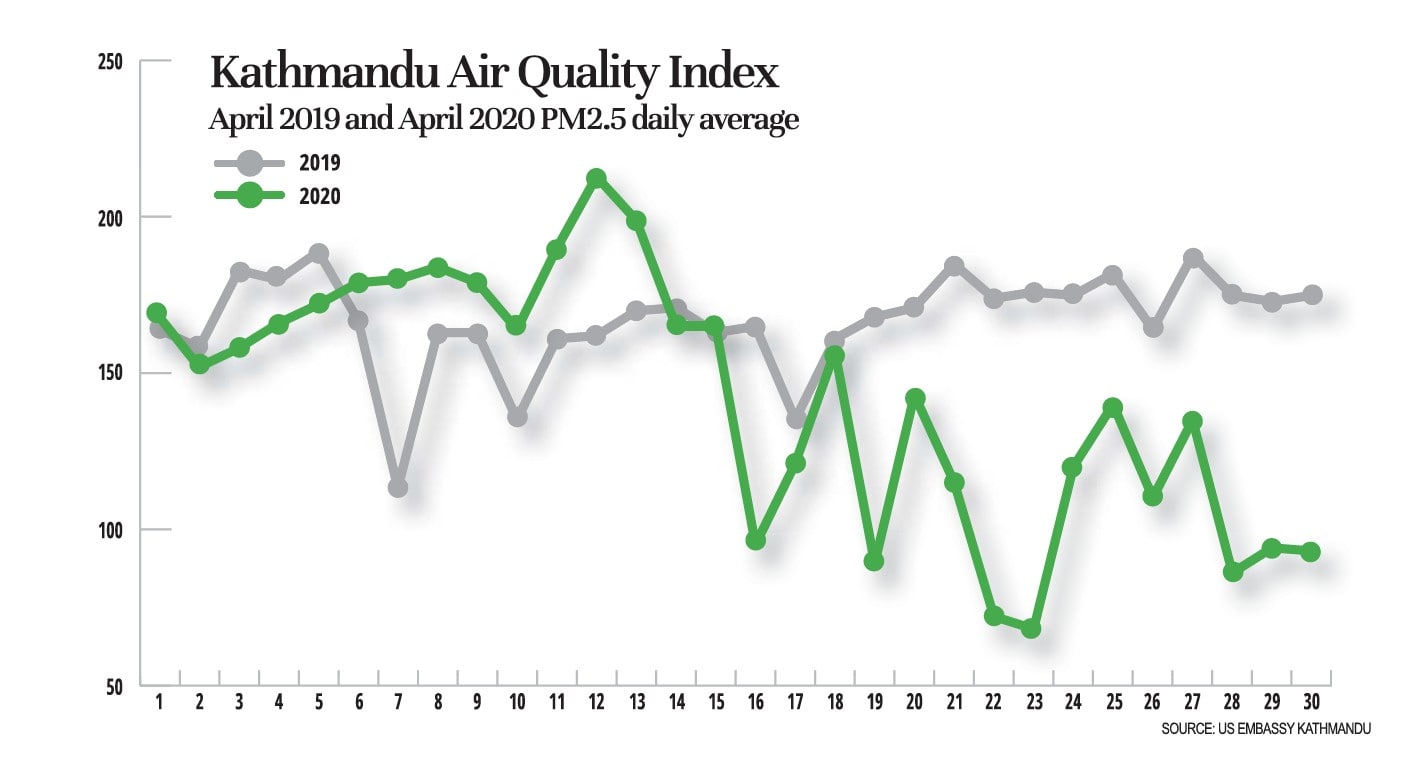
Vehicular emissions are by far the biggest source of air pollution in Kathmandu Valley, and one study calculated it accounts for as much as 70% of all particulate matter at street level.
The concern is that once lockdown measures are removed people will return to their normal way of life and may even avoid public transport more than pre-pandemic to avoid social contact, and this once-in-a-lifetime sight will be shrouded in smog yet again. For now, though, the residents of Kathmandu can revel in its majesty.
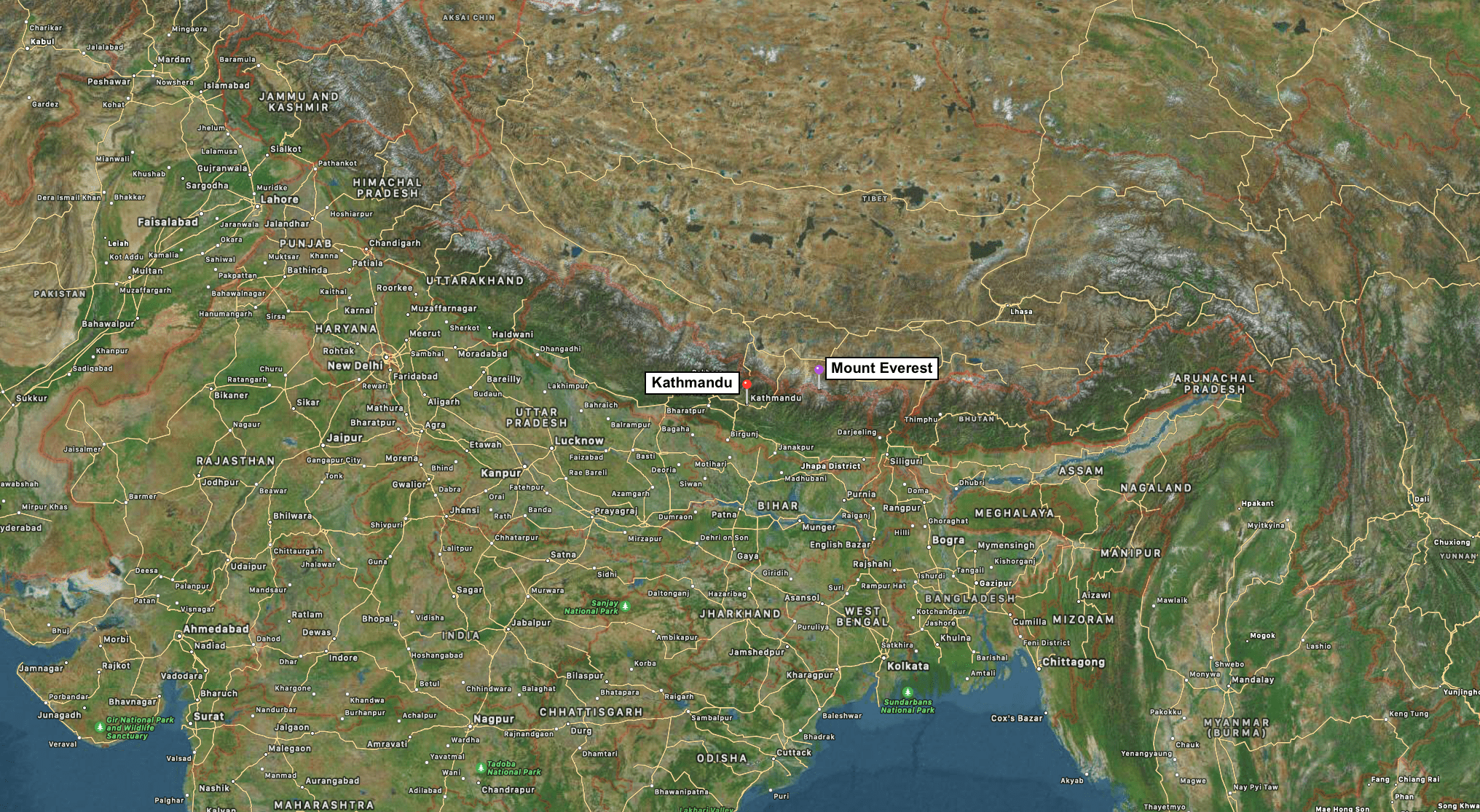
Kathmandu is the capital and second-largest metropolis of Nepal in area, with a population of around 2.5 million.
Mount Everest is Earth’s highest mountain above sea level, located in the Mahalangur Himal sub-range of the Himalayas. The China–Nepal border runs across its summit point. The current official elevation of 8,850 m (29,035 ft), was determined in 1999 by climbers using GPS (Global Positioning System) equipment.
